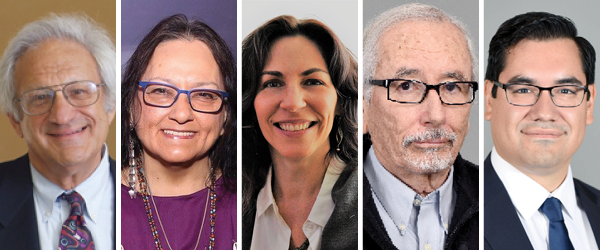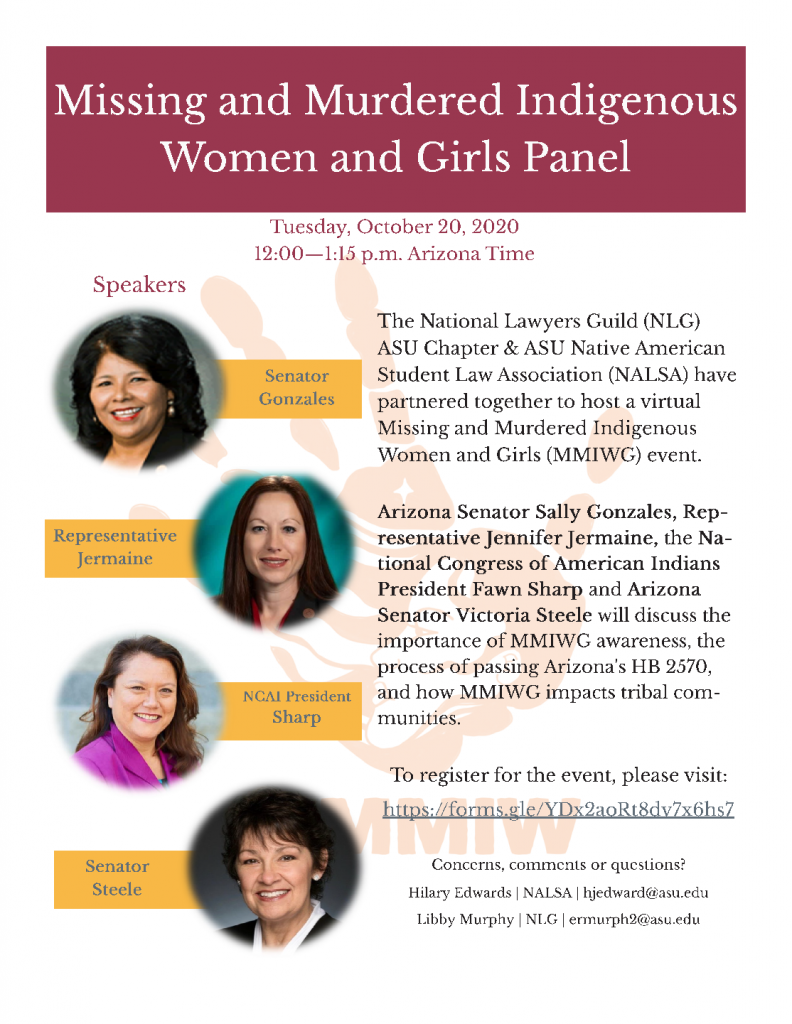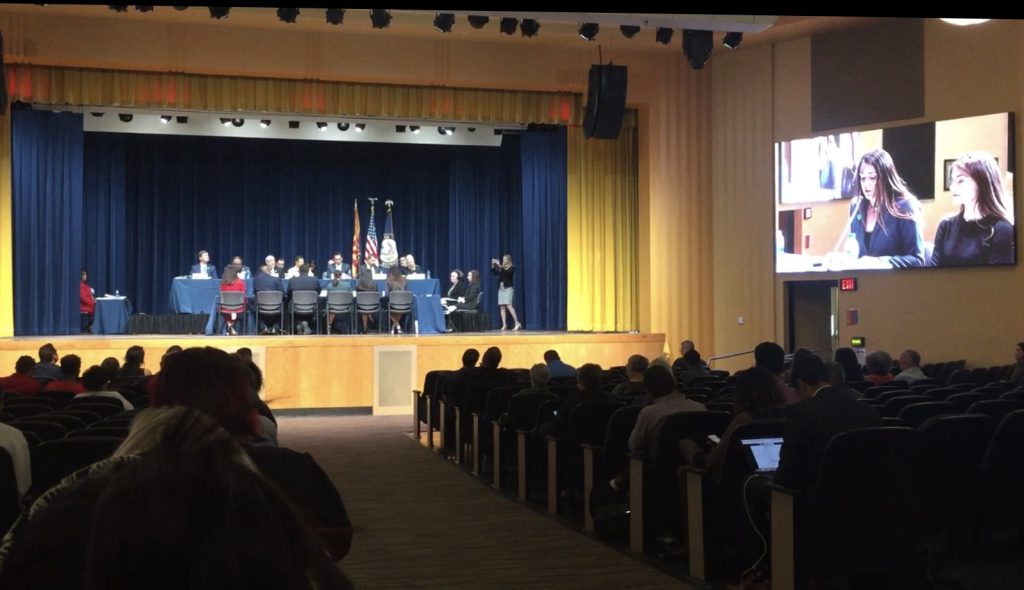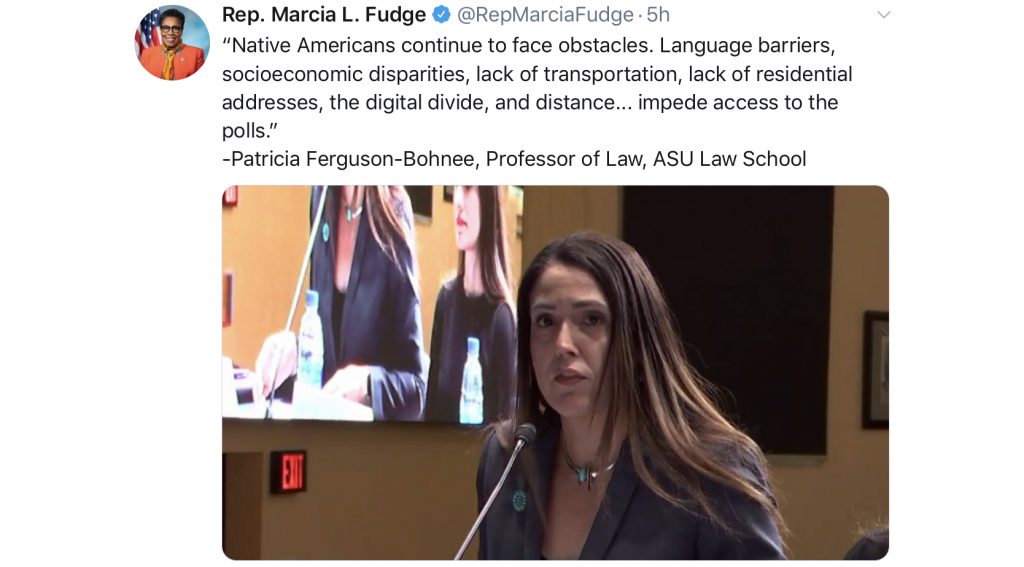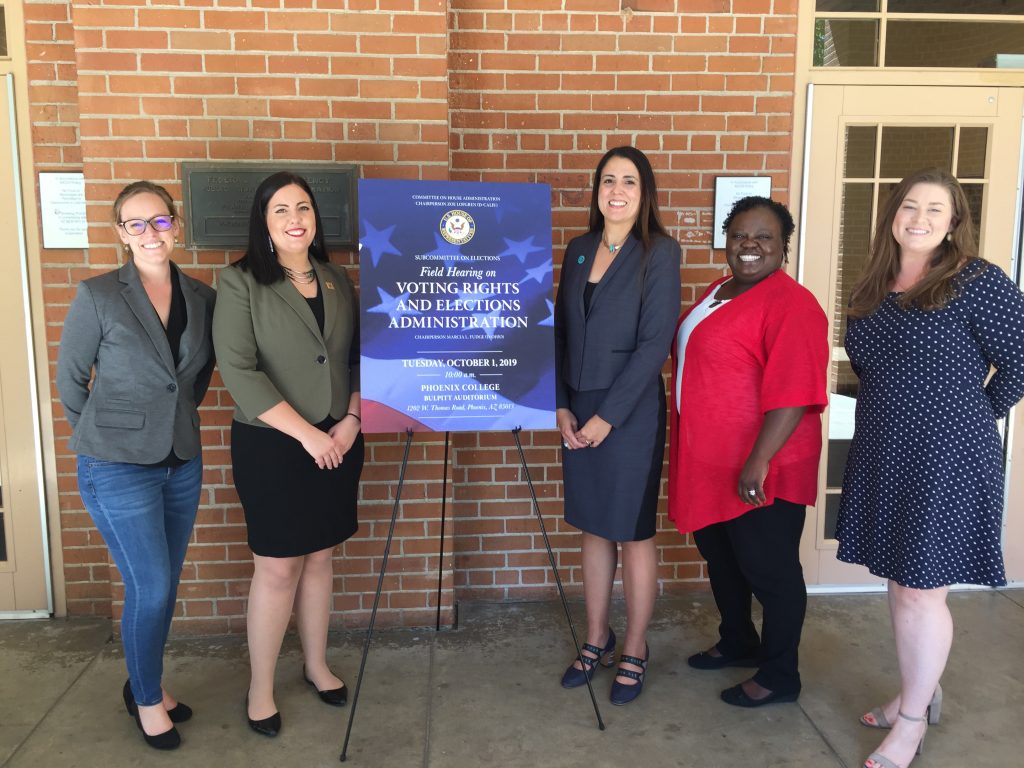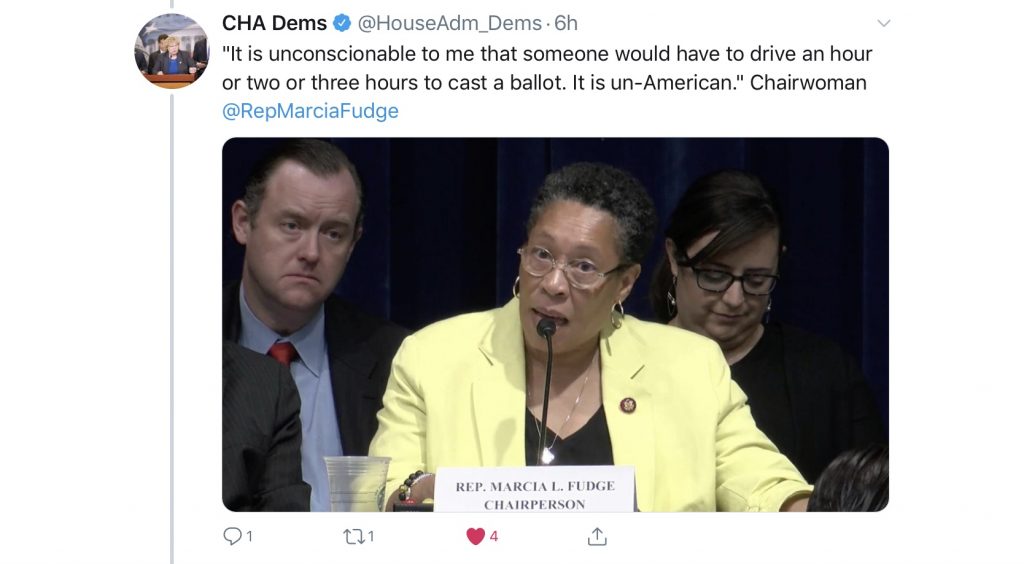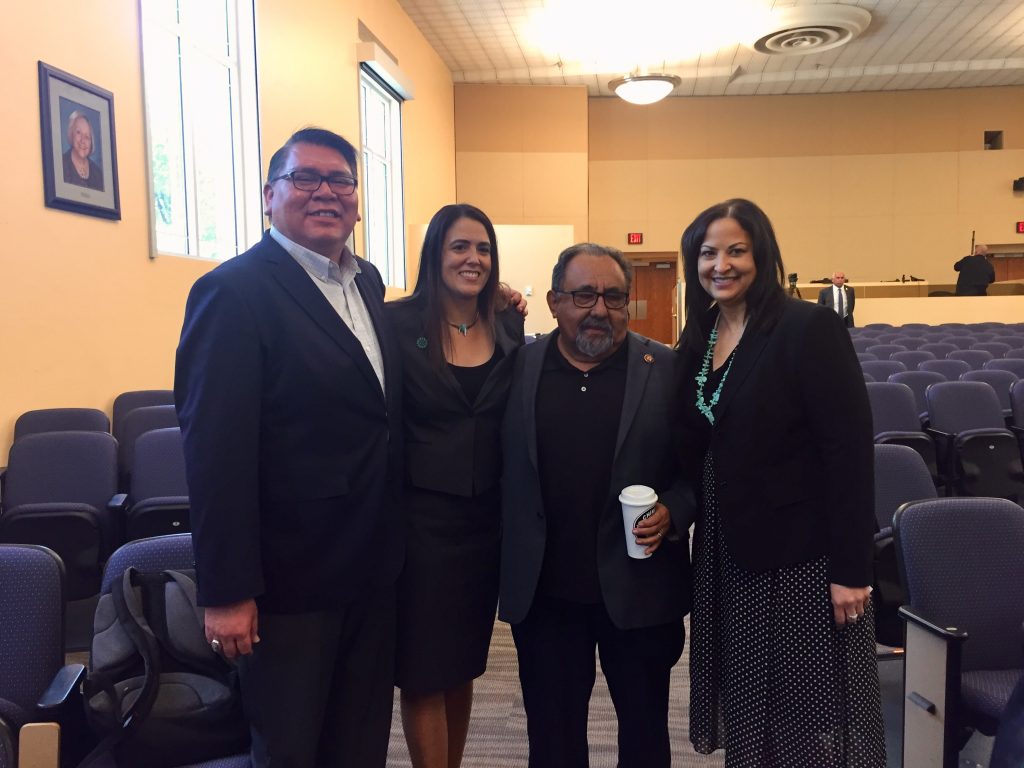Professor Trevor Reed has released his article, Fair Use As Cultural Appropriation, to the SSRN.
Abstract: Over the last four decades, scholars from diverse disciplines have documented a wide variety of cultural appropriations from Indigenous peoples and the harms these inflict. And yet, there are currently no federal laws other than copyright that limit the appropriation of song, dance, oral history, and other forms of intangible culture. Copyright is admittedly an imperfect fit for combatting cultural appropriations – it is a porous form of protection, allowing some publicly beneficial uses of protected works without the consent of the copyright owner under certain exceptions, foremost being copyright’s fair use doctrine. This article evaluates fair use as a gate-keeping mechanism for unauthorized uses of culture. As codified in the 1976 Copyright Revision Act, the fair use doctrine’s four-part test is supposed to help fact finders determine whether an unauthorized use of another’s work is reasonable in light of copyright’s goals of promoting cultural production. But, while the fair use test has evolved to address questions about the purpose behind an appropriation, the amount and substance of the work used, and the effects of the appropriation on the market for the work, the vital inquiry about the “nature” of the original work and the impact of unauthorized appropriation on its creative environment has been all but forgotten by lower federal courts. Combining doctrinal analysis, settler-colonial theory, and ethnographic fieldwork involving ongoing appropriations of copyrightable Indigenous culture, this article shows how this “forgotten factor” in the fair use analysis is key to assessing the real impacts unauthorized appropriations have on culturally diverse forms of creativity. Thus, if we are committed to the development of creativity in all of its varieties and natures, a rehabilitation of the forgotten factor is both urgent and necessary.

